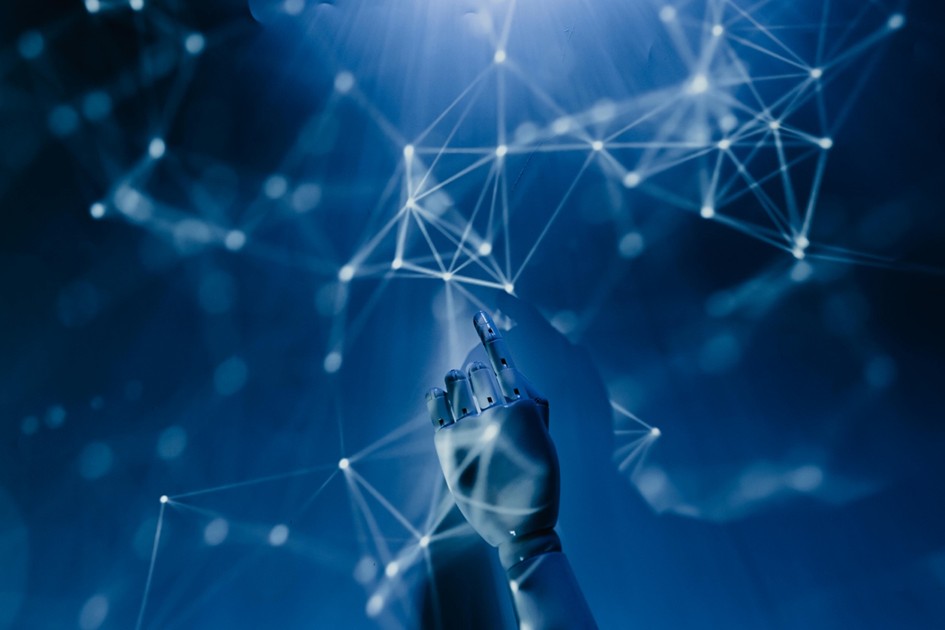How AI Is Influencing the Making of Films in 2025

From scripting to creating digital actors, artificial intelligence is revolutionising storytelling for the screen. The movie industry in 2025 is looking quite different—and it’s just the tip of the iceberg.
The most dramatic change in filmmaking today isn’t occurring on the set—it’s happening in the code. In 2025, AI applications will no longer be novelty add-ons for independent creators. They’re now a core part of the development process. Writers now utilise AI-backed platforms to ideate plot constructs, craft characters and even pen dialogue. The machines are assisting in breaking writer’s block and speeding up pre-production timelines, even when traditional screenwriters maintain control over the creative process.
Platforms such as Sudowrite and Jasper AI are now leveraged for everything from dialogue touch-ups to entire scene rewrites. The intent is not to replace screenwriters, however, but to unlock the increased potential for collaboration between human imagination and machine reasoning.
The AI Gold Rush and Other Industry Parallels
With the transformation of movie-making by AI, its onset replicates what is happening in other rapidly evolving industries, notably the digital gaming and online casino industries. The speed with which no deposit bonus casinos in NZ have adopted AI to customise the consumer experience, automate backends and optimise algorithms is now also manifesting in Hollywood's post-production facilities and content planning teams.
Similar to those websites which previously opposed automation, film studios now realise that artificial intelligence is not just about efficiency—it is also about insight. With their new capability of viewing audience tastes through data-driven models, the studios are now able to customise marketing and even green-light projects with much more accuracy. While casinos utilise AI to match offers with users, content creators also utilise the same model to anticipate viewer reactions.
Digital Actors and Voice Cloning
One of the most attention-grabbing developments is the capability of AI to create faces, voices and performances. The boundary between human and digital thespian in 2025 is as murky as it has ever been. Talent scouts can now use completely synthesised actors for background shots, small dialogue scenes or even lead roles in test films. It's all constructed from the ground up with neural rendering.
Voice cloning technology has also advanced, enabling an actor's voice to be reproduced for dialogue that they never recorded. It has allowed for performances to be extended in post-production without the need for reshoots. This has also caused acting unions to debate the ethics surrounding consent, control and royalties.
AI in Post-Production and Sound Design
Those long editing room marathons are a thing of the past. Machine learning technology now enables editors to sift through raw material, select the most powerful shots and make first cuts more quickly than previously. AI is even handling colour correction, sound balancing and continuity checking.
On the audio side, AI-score composing tools generate emotive, scene-based background music to order. A dramatic crescendo or a playful motif? Enter a handful of prompts. Dubbing and lip-syncing have also been aided by deep learning, facilitating multilingual releases with smoother, more engaging audio for a global audience.
Empowering Independent Filmmakers Everywhere
Whereas large film studios reap the benefits of AI advancements, independent creators are stealthily becoming their biggest winners. Low-budget filmmakers now have access to tools that mimic million-dollar effects, script professional-quality writing and even build realistic CGI characters—all from their desktops.
This levelling of the playing field is giving way to a new wave of filmmaking from nations and communities once shut out of the popular cinematic discourse. Film festivals in 2025 will be filled with films produced by two-person crews or single artists who rely extensively on AI to realise their visions. It's a subtle revolution, one that's all the more potent for its subtlety.
Striking a Balance
Despite undeniable advancements, not everyone is pleased. There is a concern that excessive reliance on AI will lead to more homogeneous films, encouraging studios to opt for safer, quantifiable storytelling over innovative, daring storytelling. Writers' organisations have expressed concerns over authorship and there are ongoing debates about who retains the creative copyright when an AI is a significant contributor to a script.
Ethical guidelines and regulations are starting to catch up. Some studios now have "AI transparency" policies that disclose where and how machine learning tools are utilised. Others are setting up hybrid creation teams that combine human intuition with algorithmic suggestions, ensuring that storytelling remains genuine, even as tools change.
Artificial intelligence is no longer knocking at the door of Hollywood—it's at the writer's desk, assisting in the editing room and creating faces for the screen. From development to technical realisation, AI has become entwined in every aspect of contemporary filmmaking. Whether one welcomes it or not, it's an integral part now. For the creators, as well as the fans, the task now is to mould this powerful machinery into something that adds to the essence of cinema rather than killing its soul.

